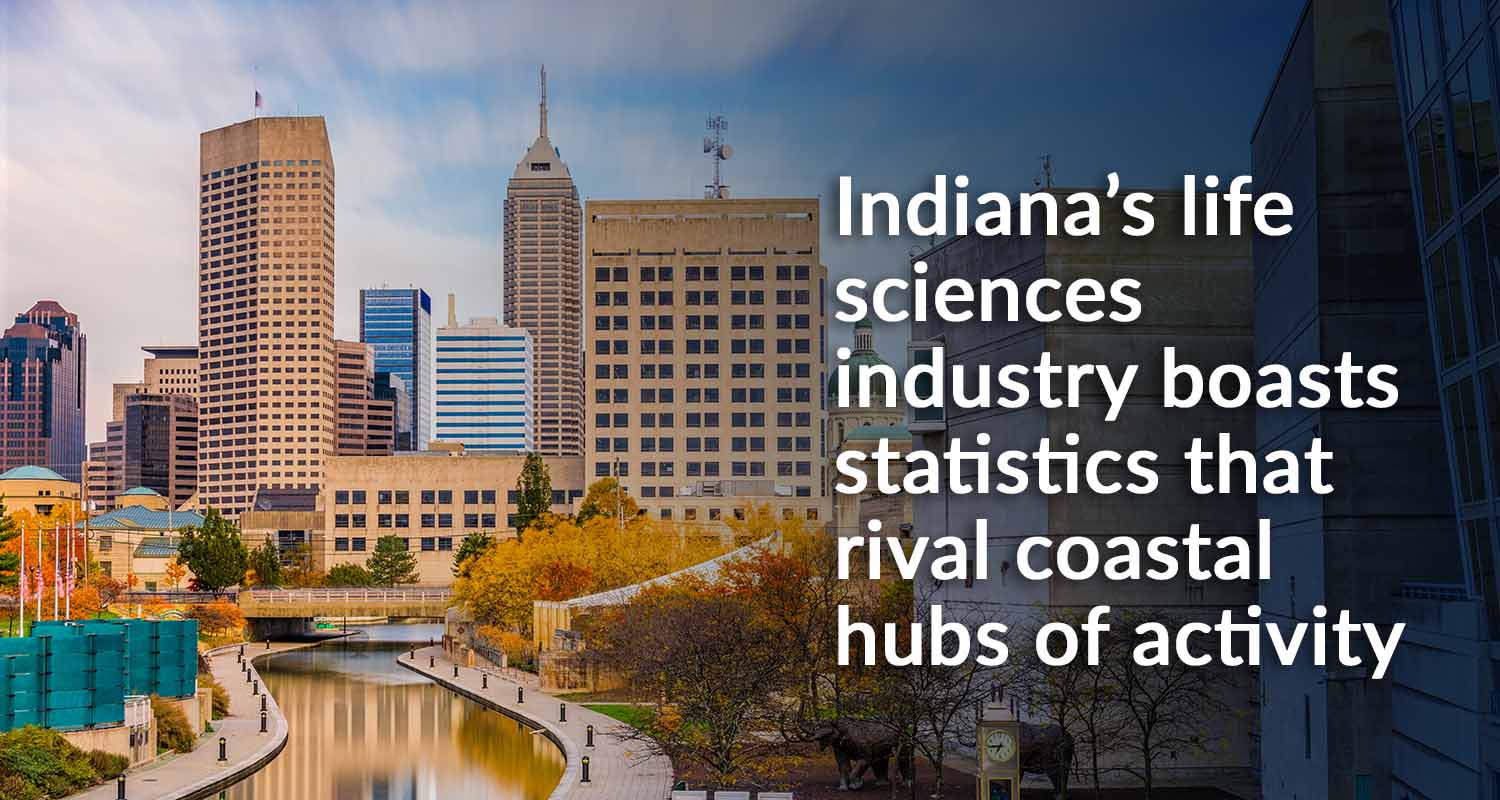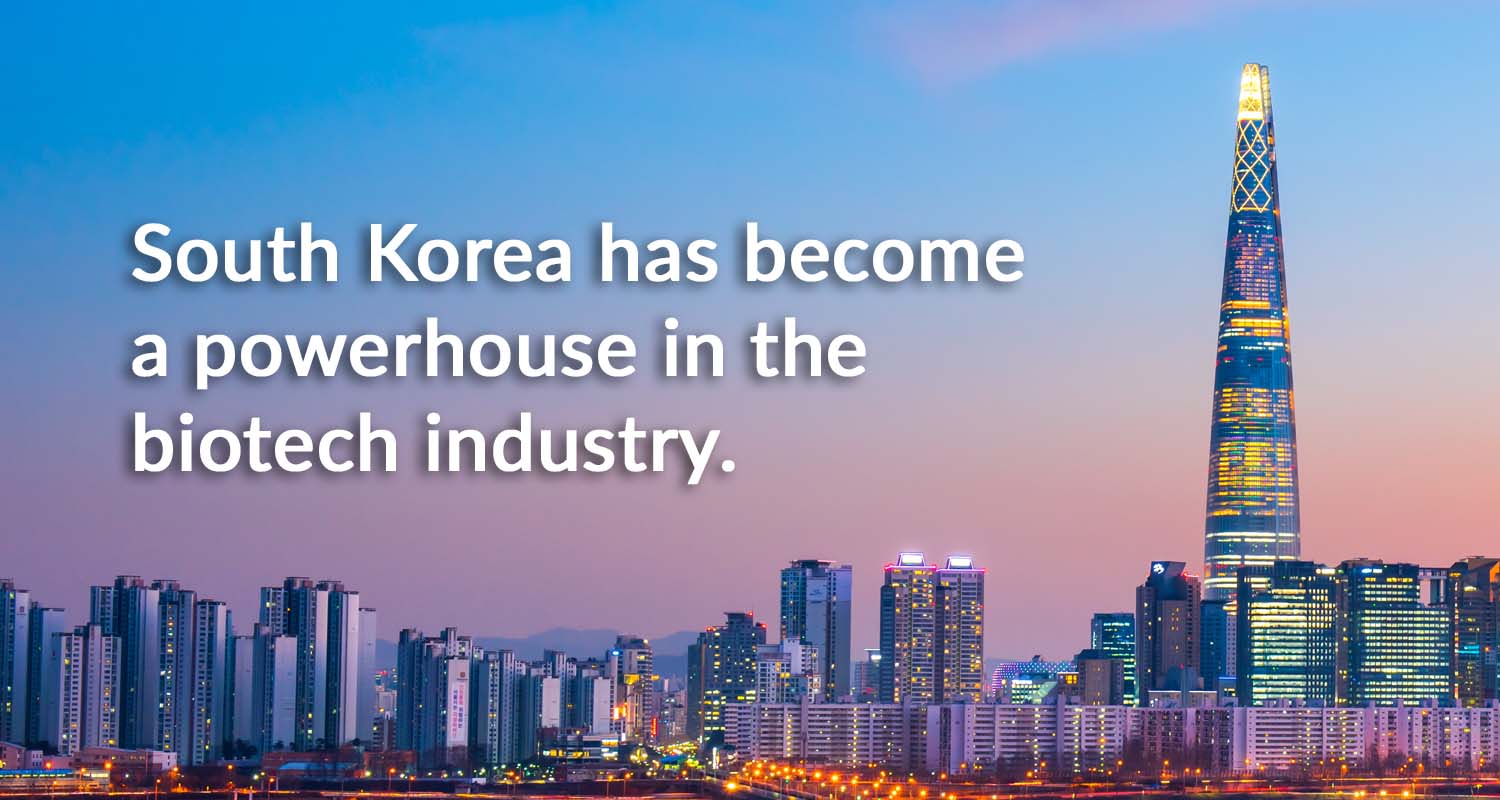Indiana’s vibrant and uniquely collaborative life sciences industry boasts statistics that rival coastal hubs of activity and has gained national recognition for leadership. (Source). The largest cluster is around the capital city of Indianapolis. Lilly has expanded their Biotech Complex, anchoring the biotech community in Indy.
My top picks for Indianapolis:
Kovina Therapeutics is a preclinical stage biotechnology company developing first-in-class antiviral therapeutics specifically designed to treat cancers and premalignant infections caused by Human Papillomavirus (HPV).
The proprietary drug-like compounds target and inactivate a key HPV protein always expressed in early, pre-malignant and cancerous pathologies. By targeting and inactivating this protein, Kovina’s compounds result in the death of HPV infected cells. Our therapeutics are designed to stop HPV infections early before progression and to treat HPV related cancers after detection.
NeRx is specifically targeting difficult to treat cancers, lung and ovarian, that are not effectively treated with existing growth signaling targeted therapeutics and immunotherapy. NERx is positioned to lead the first-in-class and first-in-human trails of novel agents targeting RPA (Replication protein A). NeRx is targeting DNA repair and the DNA damage response. In addition, their therapies are designed to work in combination with the most prescribed cancer therapeutic, Cisplatin.
Theratome Bio’s lead product, Thera-101, has demonstrated groundbreaking potential in neurological conditions. It has been shown to reduce brain injury caused by stroke, reduce inflammation, promote regeneration and repair of brain tissues, and, most impressively, minimize loss of cognitive and motor function.
The proprietary TheratomeTM technology is a platform with broad application to treat human disease and injury. In addition to brain injury and stroke, Theratome Bio has established a substantial body of preclinical evidence in other indications
Theratome technology is rooted in the body’s natural healing process. The innovation captures the protective and healing factors that adult human stem cells naturally produce in a cell-free, biologic drug.
Manufacturing, shipping, storage, and usage of the resulting therapeutic all conform to standard industry practices, minimizing barriers to adoption.
Scioto Biosciences is a clinical stage biotech company dedicated to innovative research and discovery in the field of microbiome therapeutics. Our team has developed a proprietary Activated Bacterial Therapeutics (ABT) platform for delivering best-in-class, live therapeutic bacteria to the gut. Our solution is focused on the activation of beneficial bacteria that have the potential to advance healing for various diseases associated with the GI tract, Oncology and CNS indications.
The company recently announced their Phase Ib clinical trial for their lead investigational product SB-121 for the treatment of Autistic Disorder (AD).
Gate Neurosciences is on a mission to answer the unmet needs of people living with CNS conditions by developing safe, potent, and rapid-acting therapies that address underlying disease pathophysiology. Our therapeutic candidates are designed to function by enhancing neuroplasticity, strengthening neuronal connections, and rebalancing signaling to restore healthy brain function.
Their lead development programs, Zelquistinel (oral) and Apimostinel (injectable), are next-generation NMDAR modulators that in Phase 2a studies demonstrated a well-tolerated safety profile and statistically significant effects on clinical measures of antidepressant efficacy. Our therapeutic candidates are designed to provide a more direct approach to enhancing neuroplasticity through the NMDA receptor, without causing dissociation, hallucination, or ketamine-like side effects. Recent publications by Duman, 2019, Pothula, 2021, and Lee, 2020 highlight our potent and differentiated mechanism versus NMDAR antagonists or channel blockers. Gate Neurosciences is planning to initiate a next Phase 2 study of Zelquistinel and biomarker study of Apimostinel in 2022.

